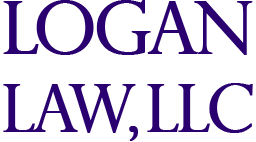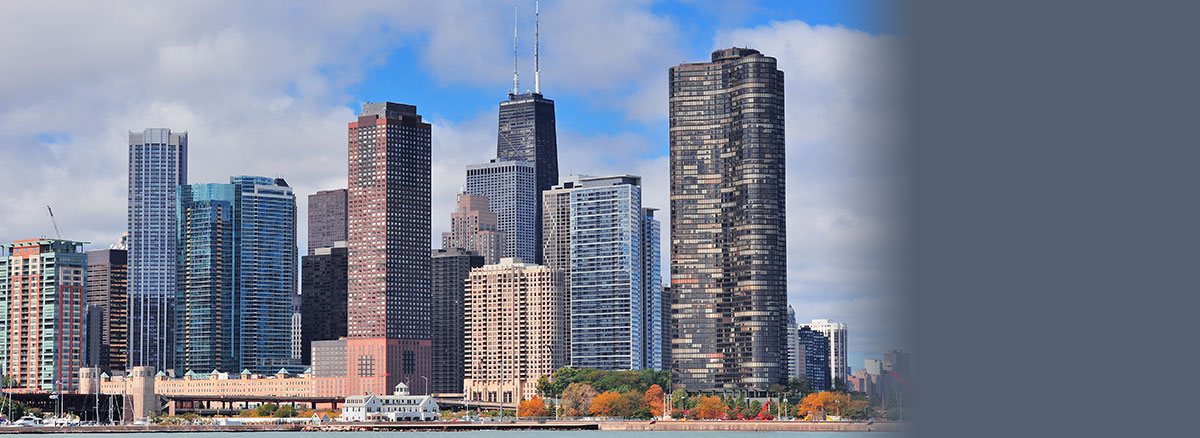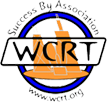
Author Archive
The Special Nature of Illinois Eviction Proceedings
Illinois evictions are governed by the Forcible Entry and Detainer Act (the “Act”). That Act is designed to deal with the termination of the relationship of landlord and tenant and must balance the rights of both landlords, who generally are relying upon the rental income of their properties to pay their mortgages, and tenants, who are using the landlord’s property for their home or business.
In balancing the interests of landlords and tenants, the Illinois legislature created an expedited proceeding, focused upon who has the right to possession of the apartment or commercial space. Because of this, the Act specifically limits issues which may be raised in defense of an eviction proceeding. Section 106 of the Act specifically provides that “no matters not germane to the distinctive purpose of the proceeding shall be introduced” in defense of the proceeding.
The bottom line of the limitation to matters “germane” to the issue of possession is that the Courts have prohibited eviction defendants from raising such issues as a claim that the landlord owes the tenant money for a contract dispute between the parties or that the landlord has violated anti-trust laws. On the other hand, the Courts have specifically permitted defenses based upon the habitable condition of residential premises, violation of Chicago’s Residential Landlord and Tenant Ordinance and racial or other discrimination having motivated initiation of the eviction proceeding.
Feel free to contact an experienced Illinois landlord eviction law attorney at Logan Law, LLC if you have questions about how to properly serve eviction notices or any other area of the laws governing landlords and tenants.
The Right of Condominium Unit Owners to Review Association Records
The Illinois Condominium Property Act and the Chicago Condominiums Ordinance require condominium associations to comply with requests of unit owners to review Association records within thirty (30) days of written request for the records. Both laws provide that a wrongful failure or refusal to produce the records will entitle the unit owner to reimbursement of the unit owner’s attorney fees if the unit owner is forced to retain an attorney to obtain access to the records.
The Chicago Ordinance permits the unit owner to inspect the Association’s books and records of account for the previous ten (10) years, including but not limited to itemized and detailed records of all receipts and expenditures. The Ordinance does not require the unit owner to state any purpose in order to obtain access to the records.
In the case of the Illinois Condominium Property Act, records are divided into two categories. The first category, which includes the association’s declaration and by laws, articles of incorporation, meeting minutes and insurance policies, is freely available for inspection by unit owners and does not require that the inquisitive owner state any reason for the request. The right of a unit owner to inspect other documents of the association requires that the unit owner provide the association “a proper purpose” for the inspection. In the case of those other records, the unit owner must submit a written request for the records “stating with particularity the records sought to be examined and a proper purpose for the request”.
Logan Law, LLC condominium attorneys have represented Illinois condominium associations for forty five years and have a depth of experience and knowledge of Illinois condominium law. Feel free to contact a Logan Law, LLC attorney whenever you need an attorney experienced in condominium or community association law.
Real Estate Tax Pro Rations in Cook County Real Estate Closings
Real Estate taxes in Cook County, Illinois are always a year behind. Thus, the real estate taxes Cook County property owners pay in 2015 are the 2014 taxes. Because real estate taxes constitute a lien against the real estate, it is customary for real estate taxes to be pro-rated as part of any real estate sale closing, based upon the most recent ascertainable taxes.
Cook County real estate taxes are billed in two installments. To make matters even more complicated, the Cook County Treasurer computes the first installment bill based upon 55% of the bill for the prior year. Thus, the first installment of 2015 taxes is billed based upon the 2014 taxes, with any difference between 2014 and 2015 actual taxes being billed in the second installment.
Because taxes have historically increased over time and Cook County tax billing lagging by a year, it is customary that real estate tax pro rations be based upon an escalation factor. Thus, purchase contracts frequently provide that the tax pro ration will be based upon 105%, 107% or even 110% of the most recent ascertainable taxes, to provide a cushion when the buyer must pay the actual tax bill for the year.
Feel free to contact an Illinois attorney experienced in handling all aspects of real estate closings for both buyers and sellers at Logan Law, LLC, if you have questions about the sale of your Chicago area real estate or any other area of the laws governing the purchase or sale of real estate.
New Mortgage Rules Likely to Delay Future Residential Real Estate Closings
The Consumer Financial Protection Bureau (“CFPB”), a new federal agency created in 2010, is imposing new financial disclosure rules for residential mortgage loans applied for on and after August 1, 2015. The new rules will eliminate the HUD-1 settlement statement which has been part of residential closings for many years and replace it with new forms, one of which, the Closing Disclosure, must be sent to the borrower/buyer a fixed number of days in advance of closing. Because large fines of as much as $1,000,000 per day can be imposed on lenders for violating the new rules, it is expected that lenders will err on the side of caution in following the new rules.
Under the new rules the Closing Disclosure, which contains all of the financial information about the closing must be received by the buyer/borrower at least three days before closing. Since it is expected that most lenders will mail the disclosure and because of the time periods for receipt of mailings imposed by the new rules, the Closing Disclosure will have to be mailed more than a week before a closing can occur. Adding to that period, the additional time to be imposed by national lenders for preparation and processing of the form, many lenders are likely to require final closing figures as much as 12 to 14 days in advance of closing.
Thus, for a real estate deal which today could be closed a day or two after final “clear to close” loan approval, the new rules will likely push off that same closing for two weeks after final loan approval.
Feel free to contact an Illinois attorney experienced in handling all aspects of real estate closings for both buyers and sellers at Logan Law, LLC if you have questions about the sale of your Chicago area real estate or any other area of the laws governing the purchase or sale of real estate.
Our Real Estate Law Service In Chicago Continues To Impress Our Clients
See why our real estate law in Chicago continues to receive rave reviews. We strive for excellence each day. Choose the best today.
Allow Our Professionals To Assist You With Your Bankruptcy In Chicago
Allow our professionals to assist your with your bankruptcy procedures in Chicago. We would like to help you get through the legal issues. Call us soon for assistance.
Choose The Best Business Law In Chicago With Us
Choose our business law service in Chicago. We are dedicated to excellence and professionalism. Why wait any longer to call us?
Foreclosure or Other Real Estate Law Questions? Give Us a Call
In times of financial difficulties, which can happen to anyone, one major concern is homeowners who fear they may face foreclosure. Your first instinct is to hire a lawyer; however, there are steps you can take that may save your house without the added expense of attorney fees. Here are a few options you should explore before giving us a call.
Your lender may arrange a repayment plan based on your current financial situation. There can be a reduction or even a suspension of your payments for a determined amount of time. This is called a special forbearance and it is worth looking into.
A mortgage modification allows you to refinance your debt and extend the term of your mortgage loan. This helps you as it may reduce your monthly payments. If you qualify, your lender may work with you to obtain an interest free loan from HUD that will decrease your monthly payments.
Other options available to avoid foreclosure include a pre-foreclosure sale. This allows you to sell your property, pay off your loan and avoid credit rating damage. The last line of defense is a deed-in-lieu of foreclosure. Basically, this is where you just give your house back to the lender. Again, there are qualifications that need to be met before this can happen.
If you have any questions concerning foreclosure or real estate law, schedule an appointment and we will see what we can do for you.
See Why We Are The Best Choice When It Come To Real Estate Law
See why we are the best choice when it comes to real estate law. We would like to discuss your situation with you personally. Be sure to contact us soon.
Now Is The Time To Get The Best Real Estate Law Service Around
Now is the time to get the best real estate law service with us. We are passionate about what we do. Choose quality and professionalism today.








